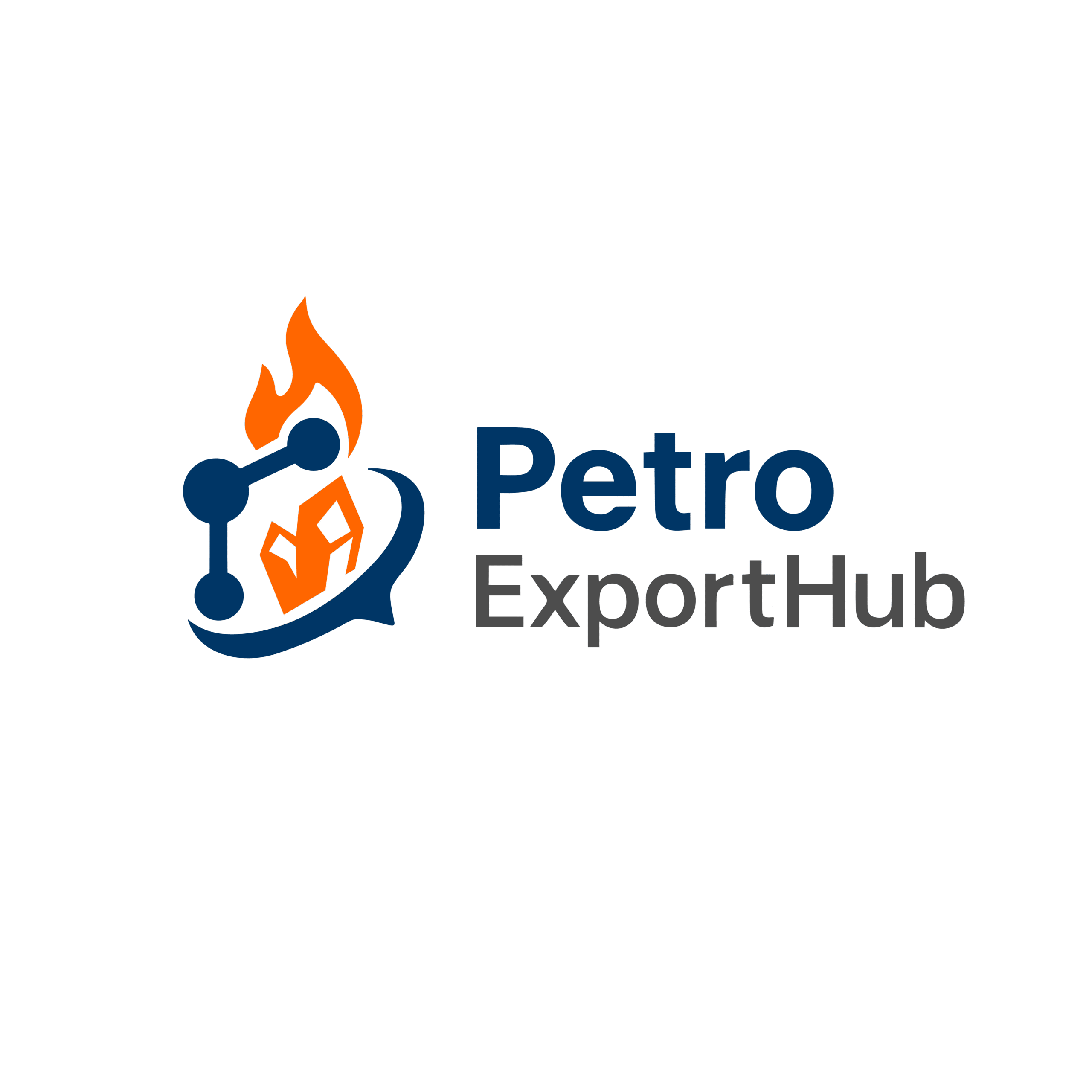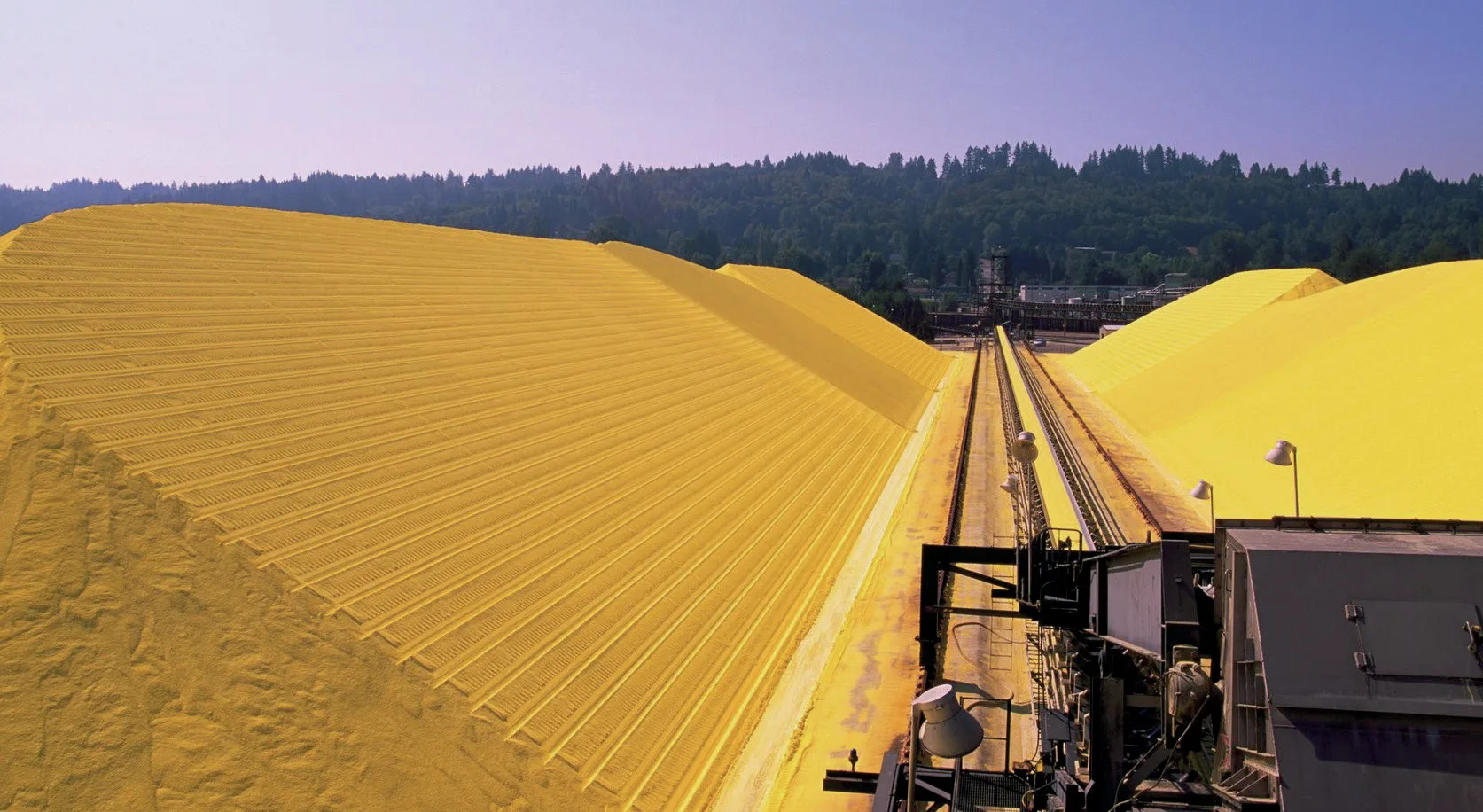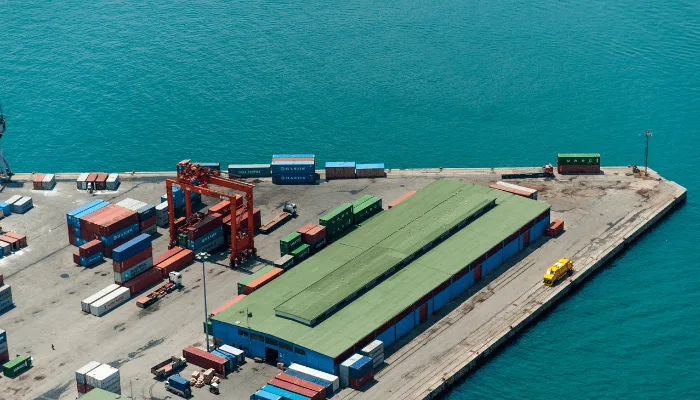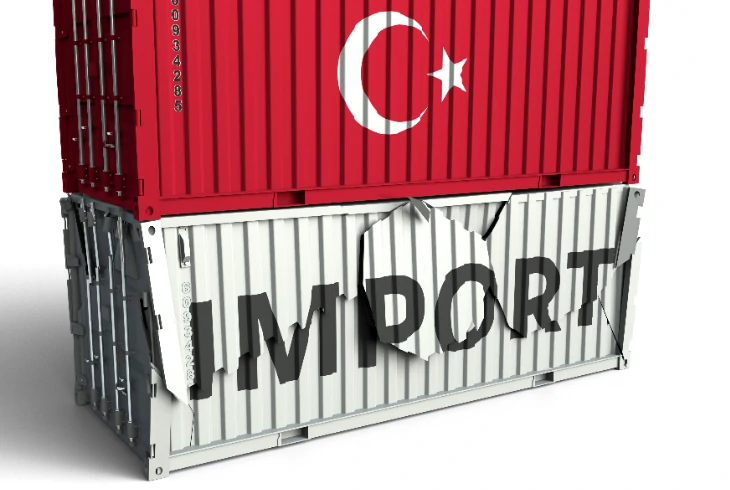Export to UAE
Export to UAE: Unlocking the Gateway to the Gulf Market
Exporting to the United Arab Emirates (UAE) offers a unique and lucrative opportunity for Iranian manufacturers, especially in the chemical and petrochemical sectors. With its strategic geographic location, advanced logistics infrastructure, and business-friendly policies, the UAE serves as a regional trade hub connecting Asia, Europe, and Africa.
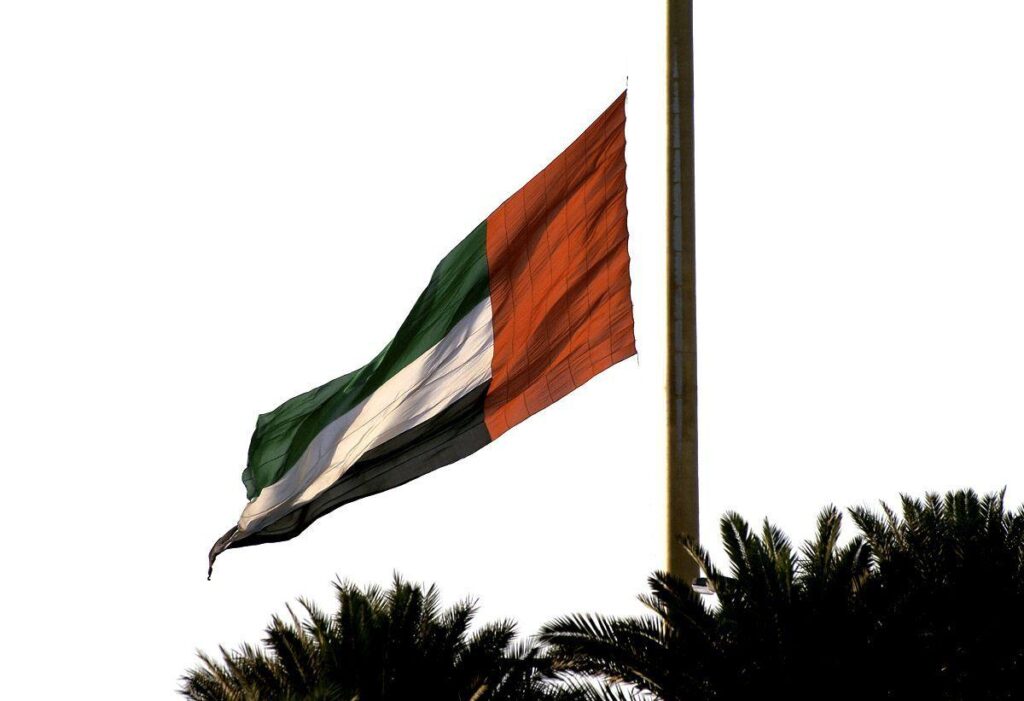
Thinking of exporting your chemical or petrochemical products to the UAE? You’re not alone. The United Arab Emirates is one of the most active trade hubs in the world, and it’s a great destination for exporters looking to reach the Middle East, Africa, and even Europe.
But where should you start?
First, know your product. The UAE imports large volumes of urea, sulfur, polymers, lubricants, and solvents—especially for construction, agriculture, and manufacturing. Your product must meet GCC standards, and in many cases, you’ll need to register it before shipment.
Second, understand the market. The UAE has multiple import channels: direct importers, traders in Jebel Ali Free Zone, and re-export companies. Each has different documentation needs—so having the right HS code, certificate of origin, and spec sheet matters a lot.
Third, choose the right partner. Doing business in the UAE often means working with a local agent or buyer who already knows the market and handles clearance, payments, and logistics. Platforms like PetroExportHub can help connect you with serious buyers—not just agents or middlemen.
And finally, plan your logistics. Whether you ship CIF to Jebel Ali or DDP to an industrial customer in Abu Dhabi, knowing your Incoterms helps avoid surprises. The UAE ports are efficient, but delays can happen without the right documents or coordination.
Exporting to the UAE isn’t hard—but it requires the right approach, good preparation, and access to the right network. With the right support, it could be your easiest market to break into.
Why Export to UAE?
The United Arab Emirates (UAE) stands as one of the most dynamic import-export hubs globally. With strategic access to Asia, Africa, and Europe, the UAE is a gateway to over 2 billion consumers. Key reasons to target the UAE market include:
Strategic Location: Positioned at the crossroads of East and West, ideal for distribution.
Free Zones & Port Infrastructure: Jebel Ali Port is the largest in the Middle East, enabling efficient logistics.
Growing Demand for Petrochemical Products: Construction, energy, and manufacturing sectors are heavily reliant on imported chemicals.
Re-export Opportunities: UAE acts as a re-export hub to Africa, India, Iran, and the CIS countries.
Step-by-Step Export Process to UAE
| Step | Action | Description |
|---|---|---|
| 1 | Product Classification | Identify correct HS Code, ensure product complies with UAE standards. |
| 2 | Market Research | Analyze demand, pricing trends, and competition. |
| 3 | Find Local Distributors | Partner with licensed UAE importers or free zone traders. |
| 4 | Product Registration | Required for certain chemicals. Coordinate with MOIAT or ESMA. |
| 5 | Compliance & Documentation | Prepare Certificate of Origin, invoice, MSDS, and customs paperwork. |
| 6 | Logistics Planning | Choose Incoterms (e.g., CIF Jebel Ali), freight partner, and warehouse options. |
| 7 | Customs Clearance | Use Dubai Trade portal or local agent for seamless processing. |
| 8 | Payment & Delivery | Ensure secure transactions (e.g., LC or DP). Confirm delivery to buyer. |
| 9 | After-Sales Support | Provide technical documentation, handle inquiries, and collect feedback. |
Key Required Documents
Commercial Invoice
Packing List
Certificate of Origin
Bill of Lading / Airway Bill
Material Safety Data Sheet (MSDS)
Product Technical Data Sheet (TDS)
UAE-Specific Registration Certificates (if applicable)
Finding Buyers & Distributors in the UAE
There are three main types of buyers in the UAE market:
Direct Industrial Buyers (e.g., factories in Sharjah, Abu Dhabi, Ras Al Khaimah)
Trading Companies & Distributors in Free Zones like Jebel Ali, Hamriyah
Re-exporters to countries like Oman, Yemen, Iraq, and East Africa
How to Reach Them:
Join B2B platforms like PetroExportHub
Attend UAE trade exhibitions (Arabplast, ADIPEC)
Partner with local chambers of commerce
Use LinkedIn, Alibaba, and direct emailing
Collaborate with UAE-based business consultants
Popular Free Zones for Chemical Trade
| Free Zone | Location | Benefits |
| Jebel Ali Free Zone (JAFZA) | Dubai | Low tax, easy licensing, world-class port access |
| Hamriyah Free Zone | Sharjah | Competitive costs, industrial area presence |
| KIZAD | Abu Dhabi | Large warehousing, rail connectivity |
| RAKEZ | Ras Al Khaimah | SME-friendly, ideal for re-export |
Logistics & Shipping Tips
Preferred Incoterms: CIF, FOB, DAP
Use freight forwarders familiar with Dubai Trade system
For small shipments, air freight via Emirates SkyCargo is efficient
For bulk, use Jebel Ali or Khalifa Port (Abu Dhabi)
Customs & Legal Requirements
All imports must comply with UAE Federal Law and GCC Standardization norms
Mandatory product registration for regulated substances
Dubai Customs code or registered local partner is required
Dangerous goods need pre-approval and labeling compliance
Commonly Imported Petrochemical Products
| Product Category | Common Items |
| Polymers | HDPE, LDPE, PP, PVC |
| Fertilizers | Urea, Ammonium Nitrate |
| Industrial Chemicals | Caustic Soda, Methanol, Acetone |
| Lubricants & Oils | Base Oil SN500, SN150 |
| Solvents | Toluene, Xylene, MEK |
Challenges to Consider
Stringent documentation requirements
Price competition from China and India
Dependence on local agents or sponsors
Product certification delays
Currency fluctuations (AED pegged to USD)
Tips for Success
Develop relationships with licensed local partners
Provide bilingual catalogs (English & Arabic)
Ensure 24/7 availability for international queries
Use tools like Google Ads, LinkedIn Ads, and trade-specific SEO
Showcase certifications, MSDS, and test reports clearly
Final Thoughts
Exporting to the UAE offers a golden opportunity for chemical and petrochemical suppliers. With the right strategy, strong documentation, reliable partners, and an adaptive approach, entering this high-demand market is not just possible—it’s scalable.
Stay tuned—our next post will explore Exporting to India: A Gateway to South Asia.
Located at the crossroads of Asia, Europe, and Africa, offering unmatched global market access.
Benefit from 100% foreign ownership and zero import/export taxes in UAE’s free trade zones.
Streamlined procedures and modern infrastructure make exporting to UAE highly efficient.
The UAE’s growing industrial sector drives strong and stable demand for chemical products.
Export to UAE ?
- Let PetroExportHub connect you with serious buyers and help you stay .
- competitive in a changing market
- info@petroexporthub.com
- www.petroexporthub.com

Related posts
Mono Ethylene Glycol (MEG) serves as a cornerstone for modern antifreeze and coolant formulations, offering reliable freezing protection and heat resi . . .
2 minute
Read more
Explore Solvent 100’s specs, uses, and export opportunities from Iran. Ideal for paint, ink, and adhesive buyers in India, Turkey, UAE, and Africa. . . .
3 minute
Read more
Explore everything you need to know about exporting sulphur from Iran in 2024 — including types, packaging, documents, ports, prices, and top import . . .
2 minute
Read more
Explore Iran’s top ports for petrochemical exports, including Bandar Imam Khomeini, Assaluyeh, and Bandar Abbas. Compare infrastructure, accessibili . . .
2 minute
Read more
Learn the key differences between polypropylene (PP) and polyethylene (PE), their applications, advantages, and how to choose the right polymer for yo . . .
2 minute
Read more
Discover how a Turkish plastics manufacturer reduced costs by 22% through importing HDPE from Iran. Real-world case study by PetroExportHub. . . .
2 minute
Read more
Learn why Iran is a leading exporter of polyethylene (PE). Discover grades, global applications, and how PetroExportHub connects buyers with top suppl . . .
1 minute
Read more
We are here to answer your questions....
+ 989127607241
Petro Export Hub
PetroExportHub specializes in the export of premium-grade petrochemicals, minerals, and industrial chemicals from Iran, serving international markets with reliability, transparency, and tailored logistics solutions
Tehran Office
Phone:
+989127607241
Address:
Tehran..
German Office
TEL :
+4915161647487
Address:
Heilsbronne 99441, Nuremberg
Quick Access
Quick Access
- Contact Our Sales Team
- Frequently Questions
- Shipping & Logistics
- Become a Partner
- Certificatins & Quality

